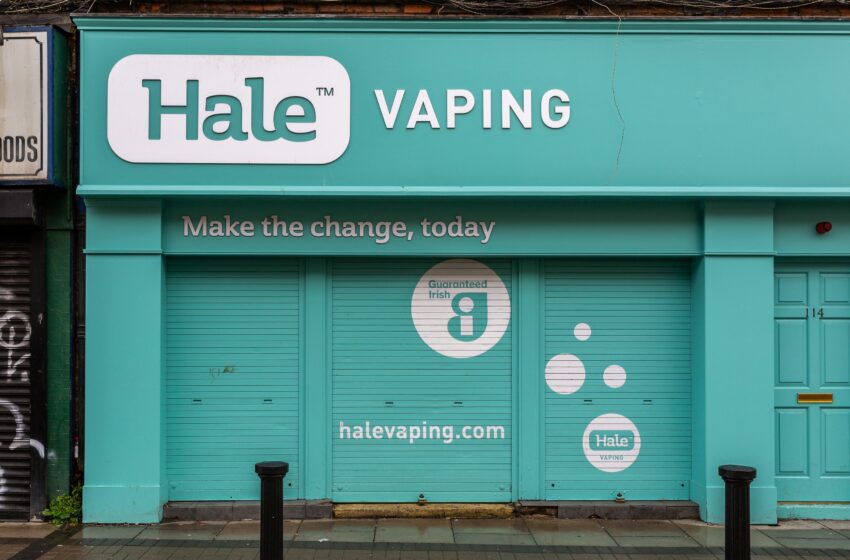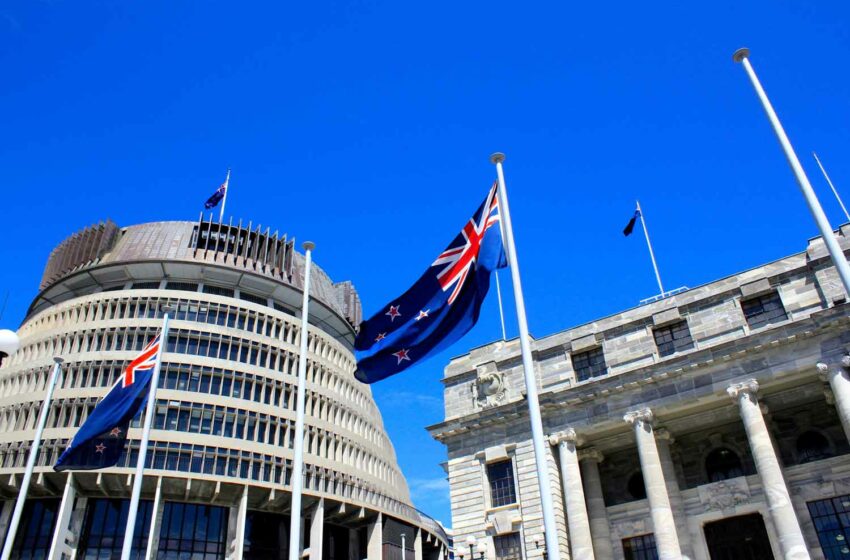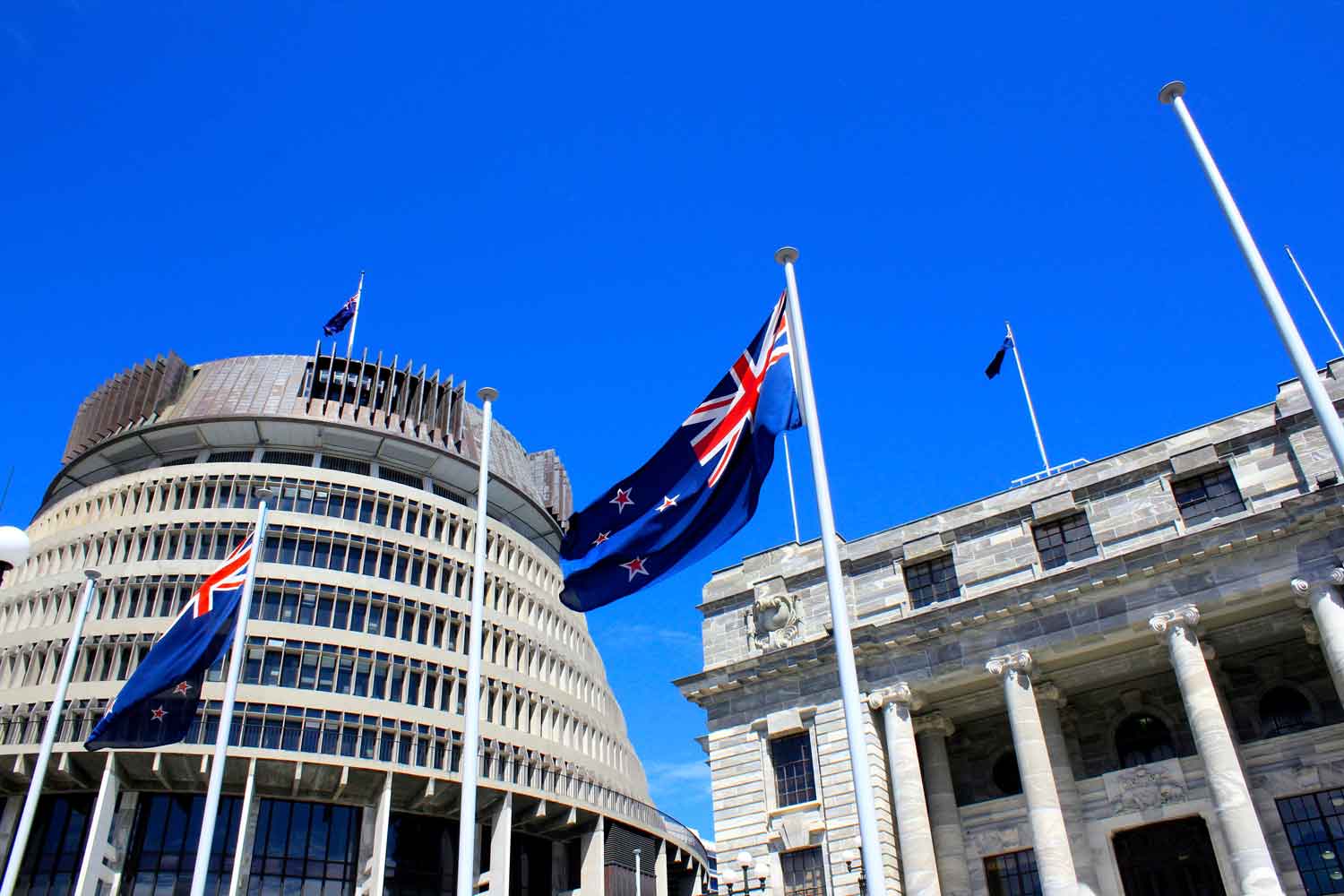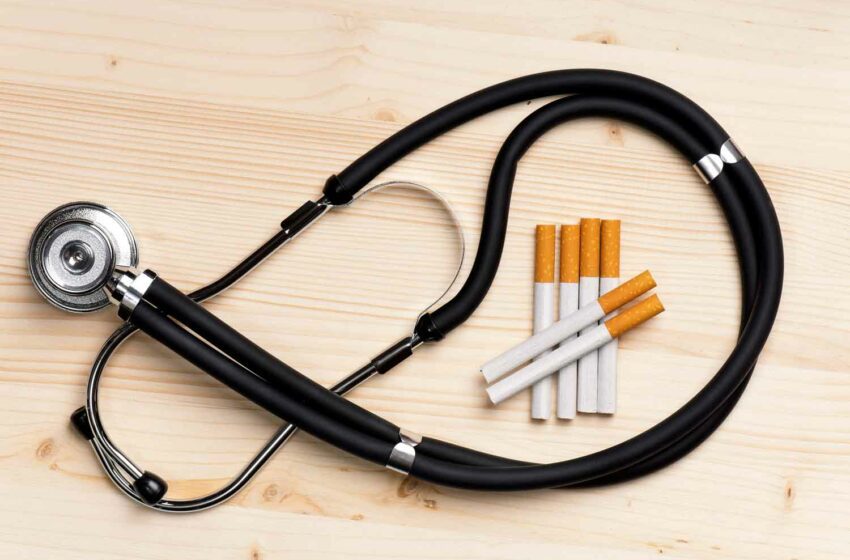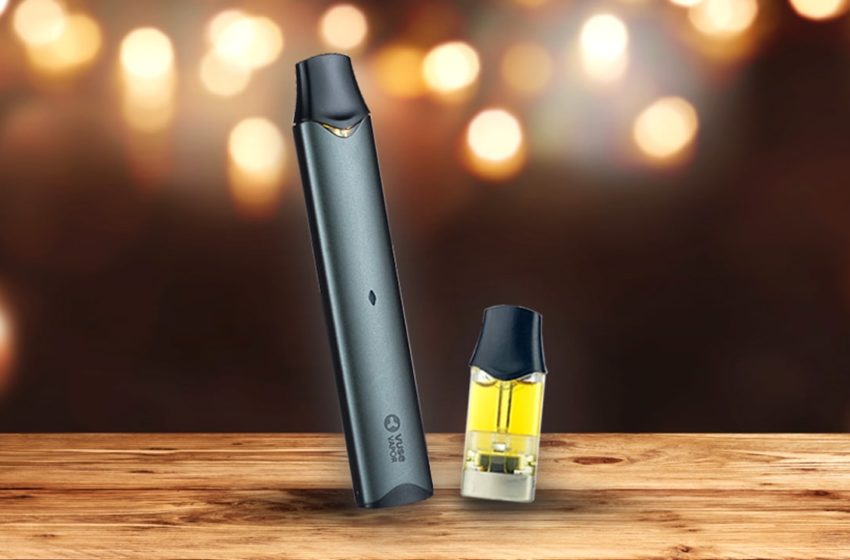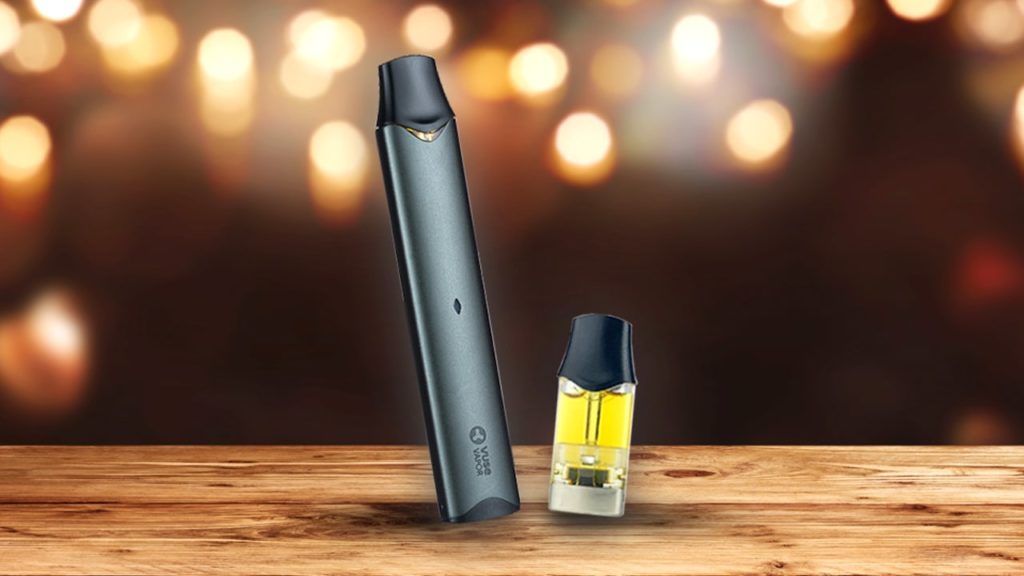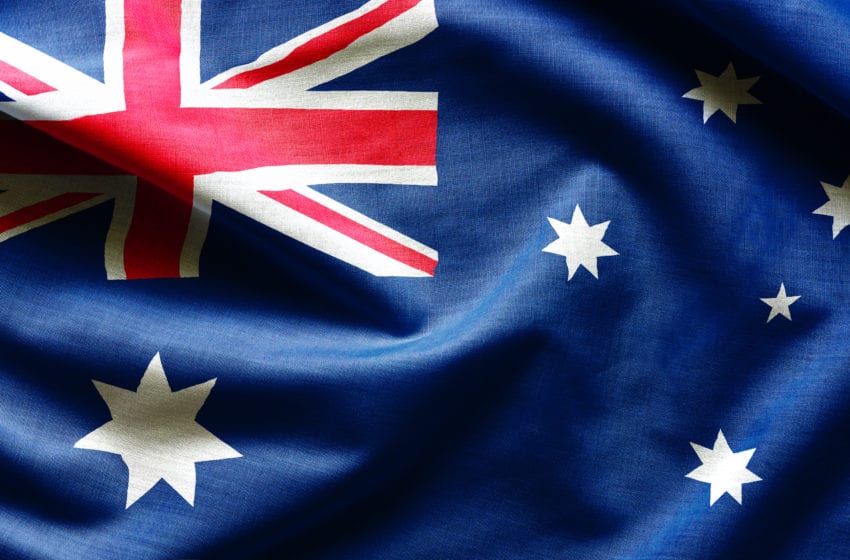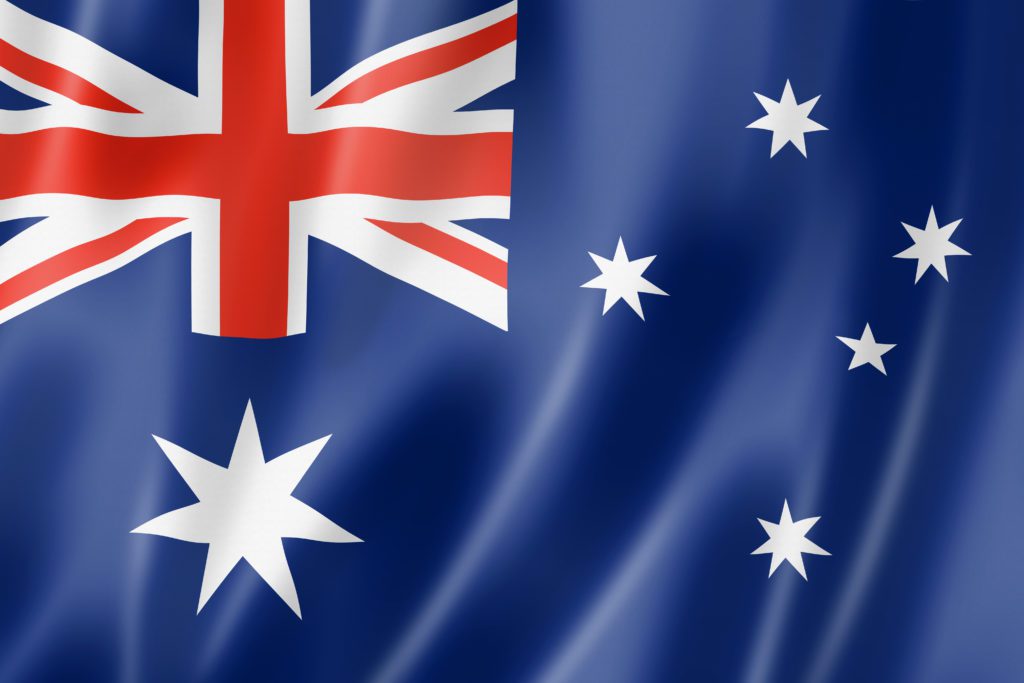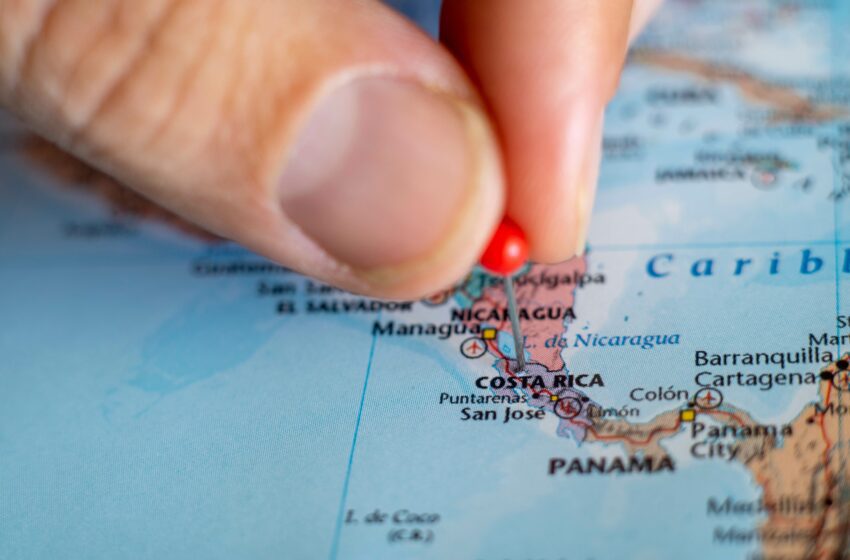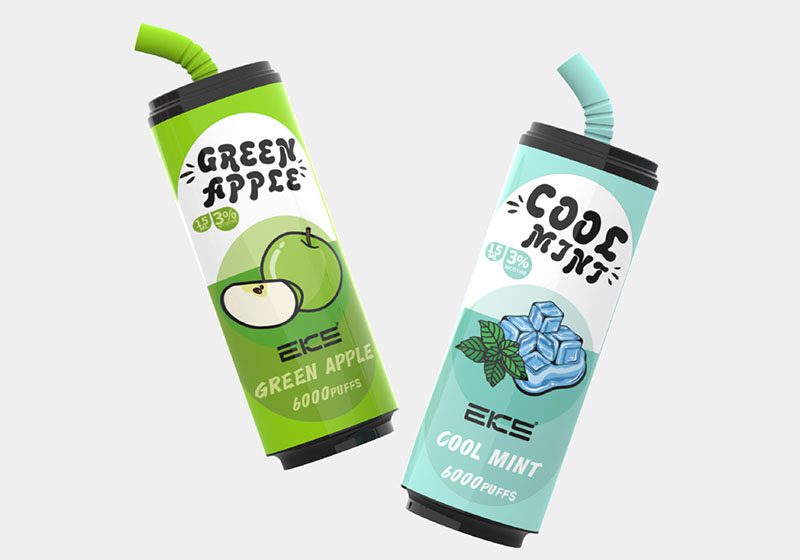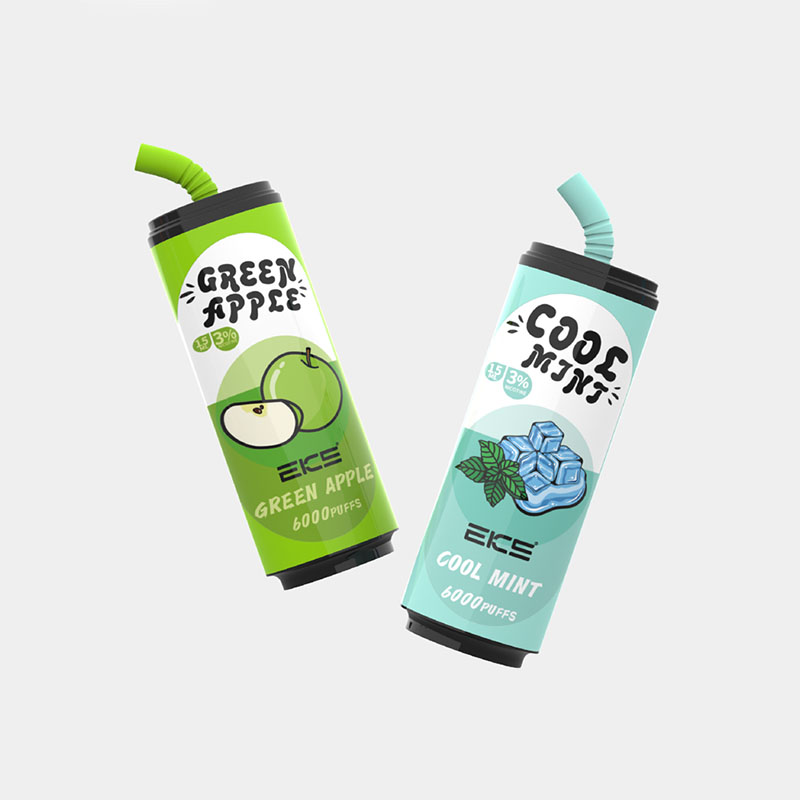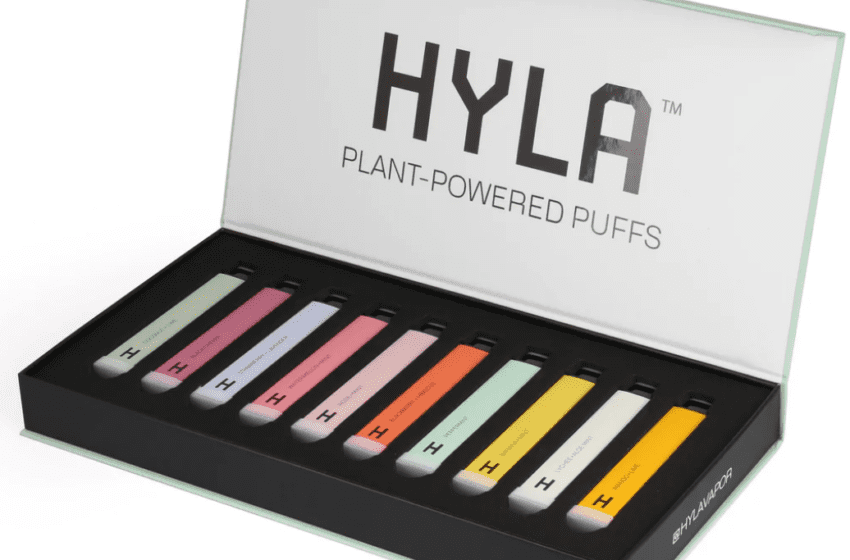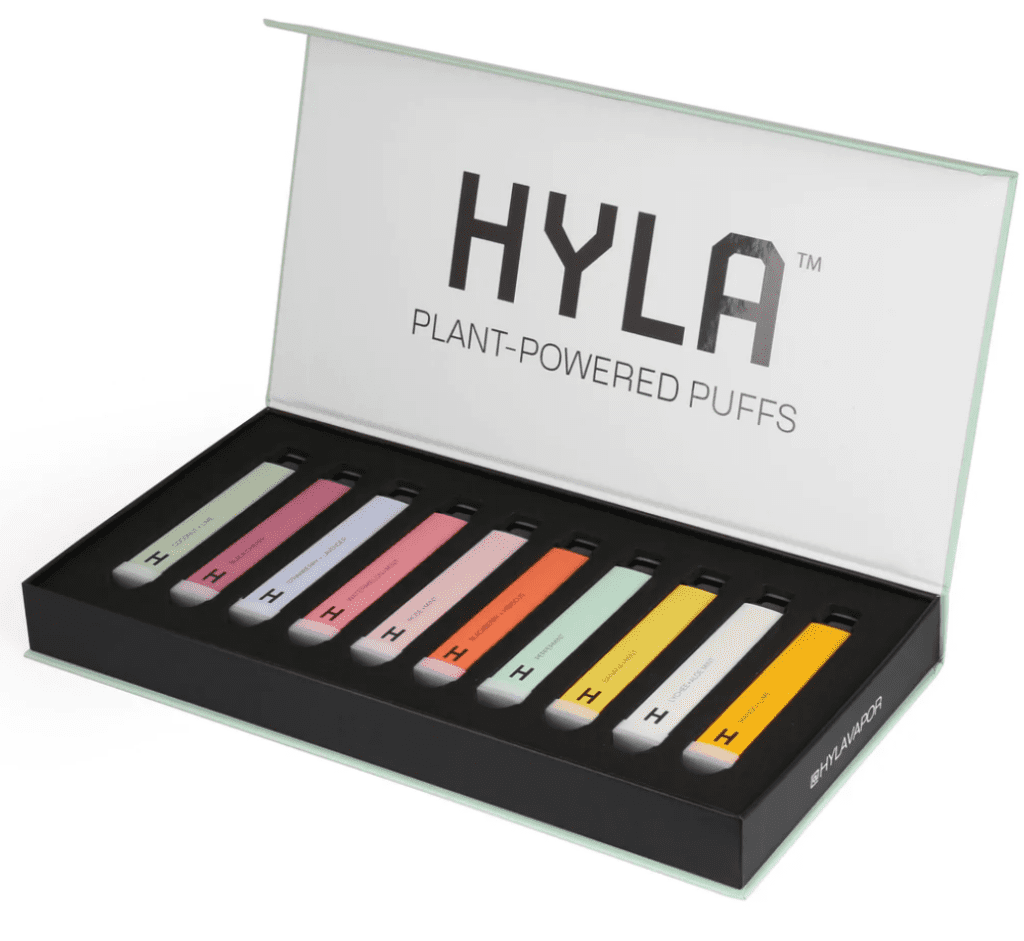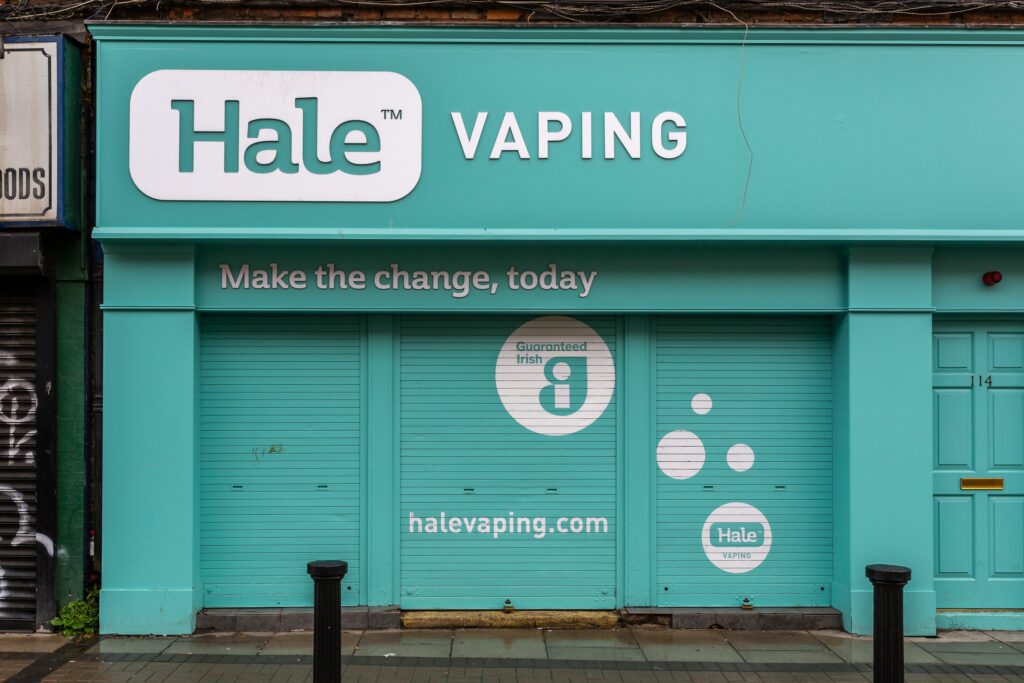
Vapers in Ireland can now have their say from today on the future regulation of vaping products.
Minister for Health Stephen Donnelly has brought legislation before the Oireachtas that will ban under-18s from buying e-cigarettes.
Minister of State Hildeguarde Naughton said the Department of Health wants to know if the public favors further restrictions as well.
“I have given a commitment to further legislation in this area,” she said, according to NewsTalk.
“That’s why we’re launching this consultation today; it runs until January 5th to get people’s views about what other measures we need to introduce in order to decrease the appeal of nicotine and inhaling products.”
Over the next four weeks, the public will be consulted on a number of areas, including:
- The display of nicotine-inhaling products in shops
- Nicotine-inhaling product flavours
- The appearance of nicotine inhaling products
- Proxy sales of tobacco and nicotine-inhaling products
- Smoking in outdoor dining areas
- Extending smoke-free restrictions to vaping
- Increasing the age of sale for tobacco products
- Increasing the price of vapes
Naughton wants “as many people as possible” to engage in public consultation over the coming weeks.
The public consultation is now open for submissions for a six-week period until Friday, January 5, 2024.
The smokers’ rights group Forest has criticized recommendations to regulate the sector further, saying there is a risk that policy will be created “in haste.”
Forest spokesperson John Mallon said: “We urge the government not to succumb to some moral panic about vaping and to regulate reduced risk products with a light touch that doesn’t impact on their effectiveness as a safer alternative to cigarettes.”

